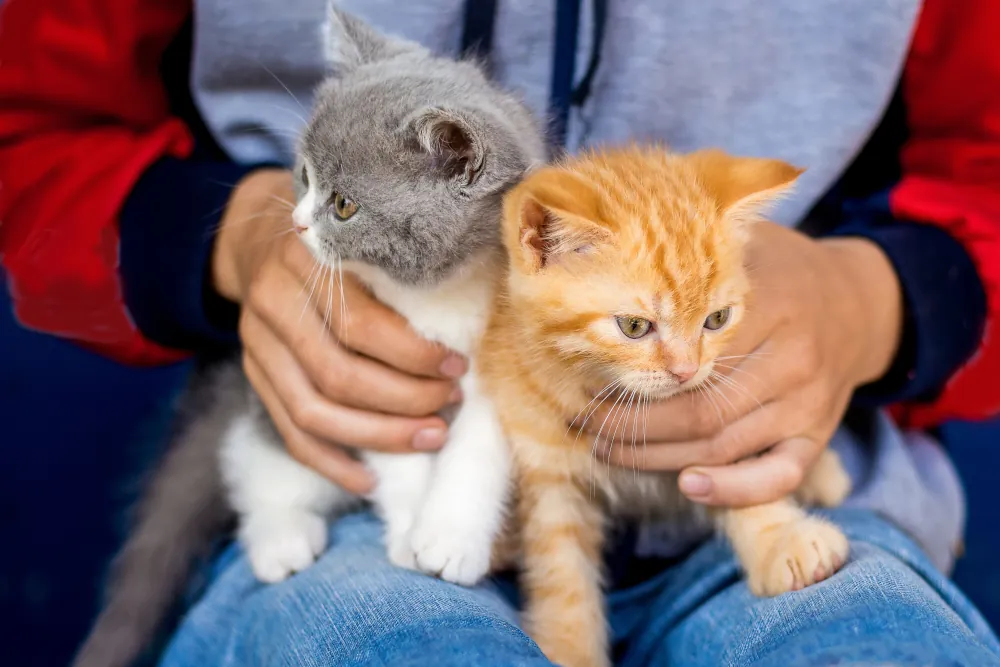As a cat owner, it’s important to understand how a kitten’s nutritional needs change as they grow into adulthood. Proper nutrition is essential for a kitten’s growth and development, and making the transition to adult food at the right time is crucial for maintaining their overall health.
Kittens are born with different nutritional needs than adult cats. They require a diet that is high in protein and fat to support their rapid growth and development. They also need certain nutrients, such as taurine, that adult cats do not. Kitten food is specially formulated to meet these needs.
As a kitten grows, their nutritional needs change. Around the age of 6 months, a kitten’s growth rate begins to slow down, and their energy needs decrease. At this time, they can begin to transition to adult food. This transition should be done gradually, over the course of several weeks, to allow the kitten’s body to adjust to the new diet.
When transitioning a kitten to adult food, it’s important to look for a high-quality, balanced diet that is formulated for adult cats. Adult cat food should be lower in protein and fat than kitten food to prevent obesity. It’s also important to ensure that the food has all the essential nutrients a cat needs, such as taurine.
In conclusion, a kitten’s nutritional needs change as they grow into adulthood. Kitten food is specially formulated to meet their needs during the first 6 months, after which they can begin to transition to adult food. This transition should be done gradually and it’s important to look for a high-quality, balanced diet that is formulated for adult cats. By providing your cat with the right nutrition at the right time, you can help ensure a long and healthy life for your feline friend.

